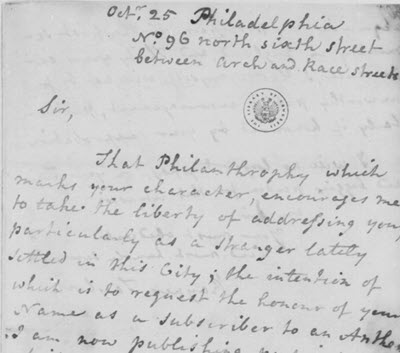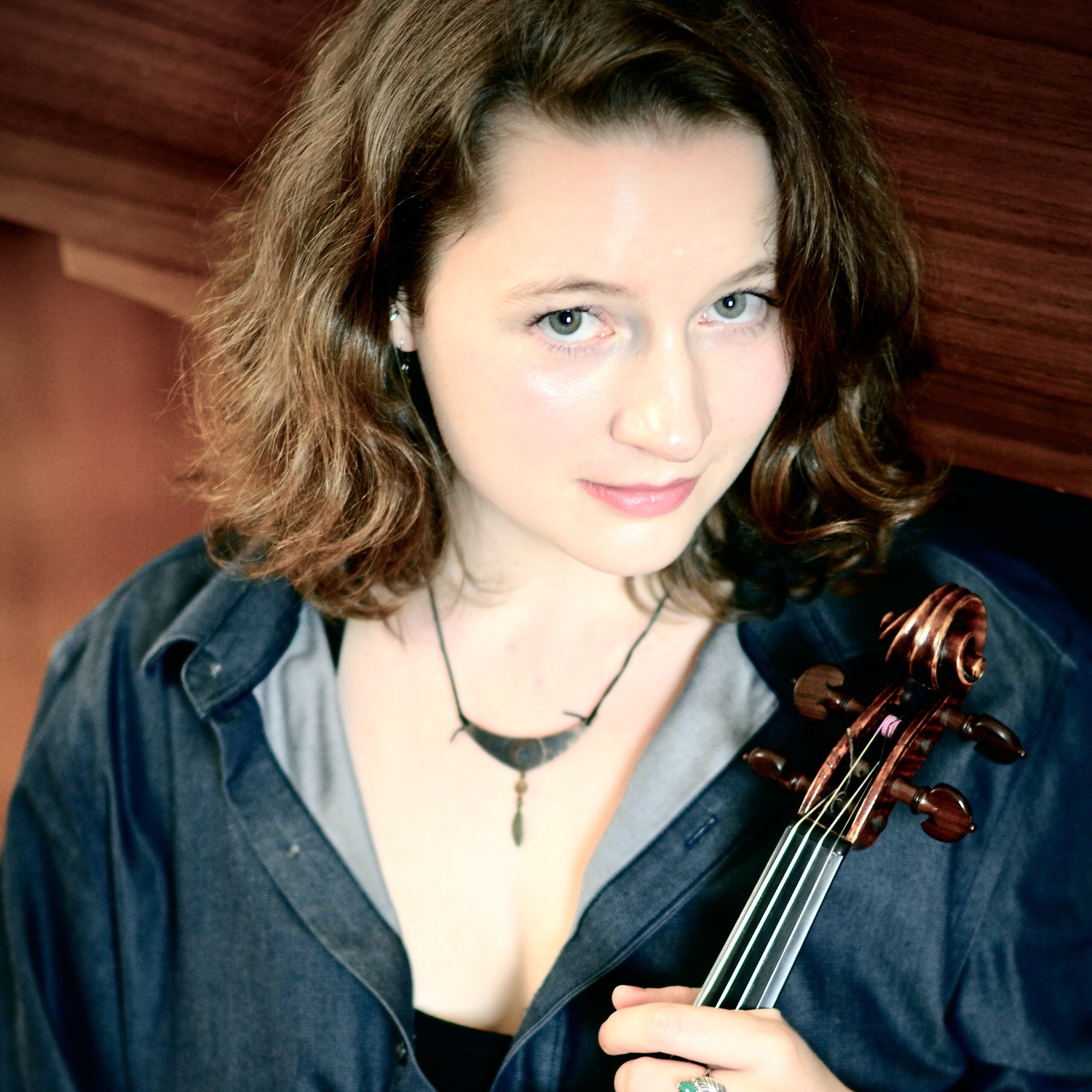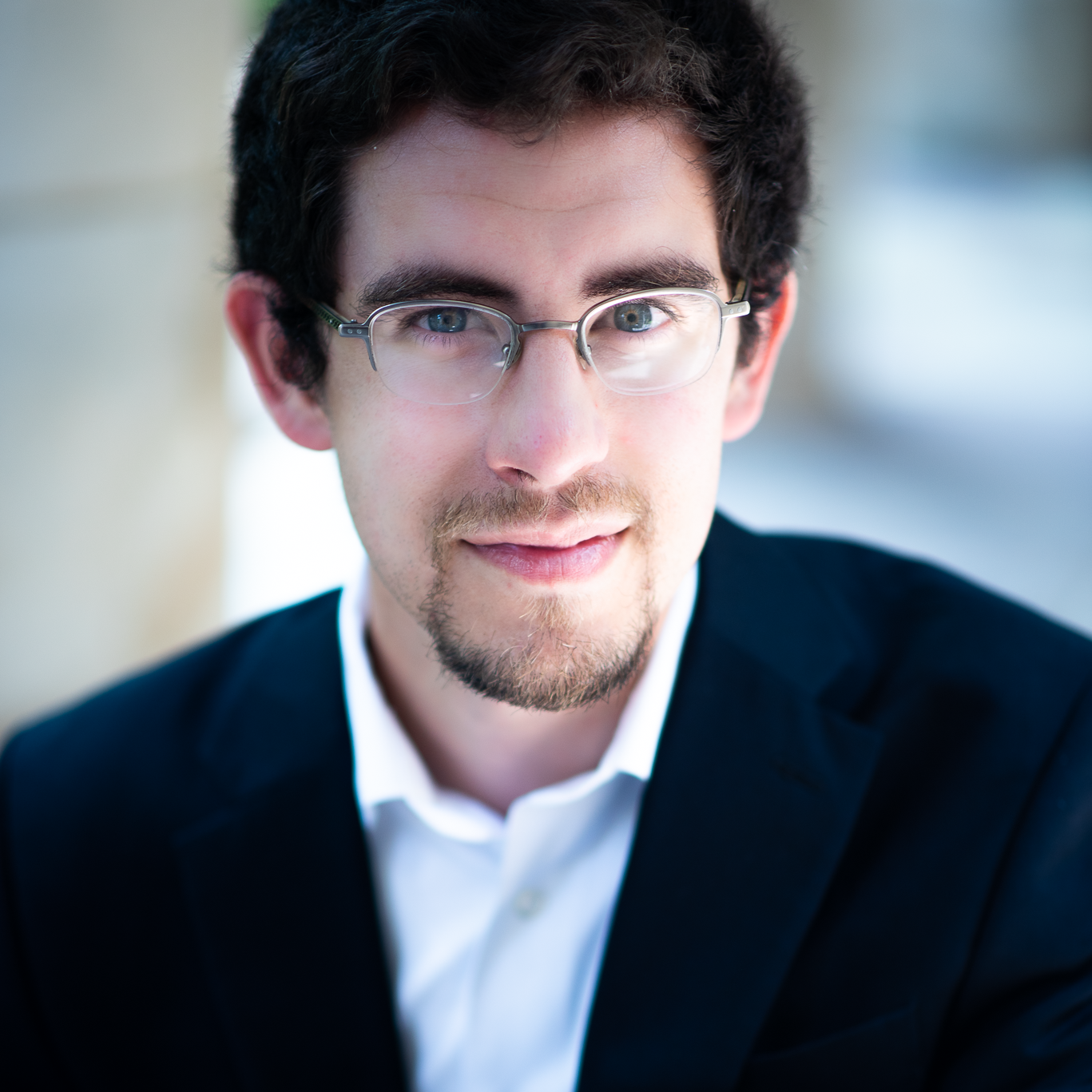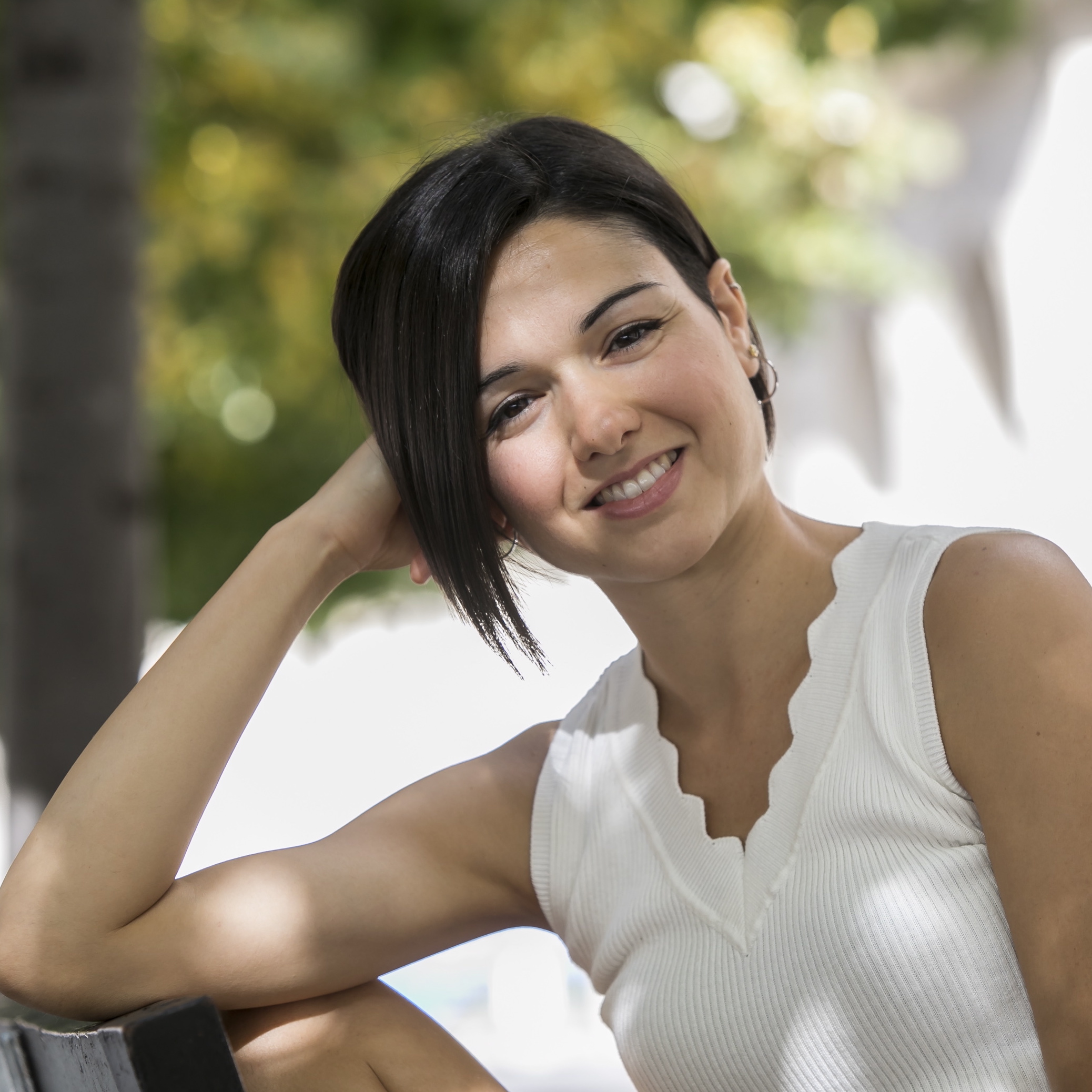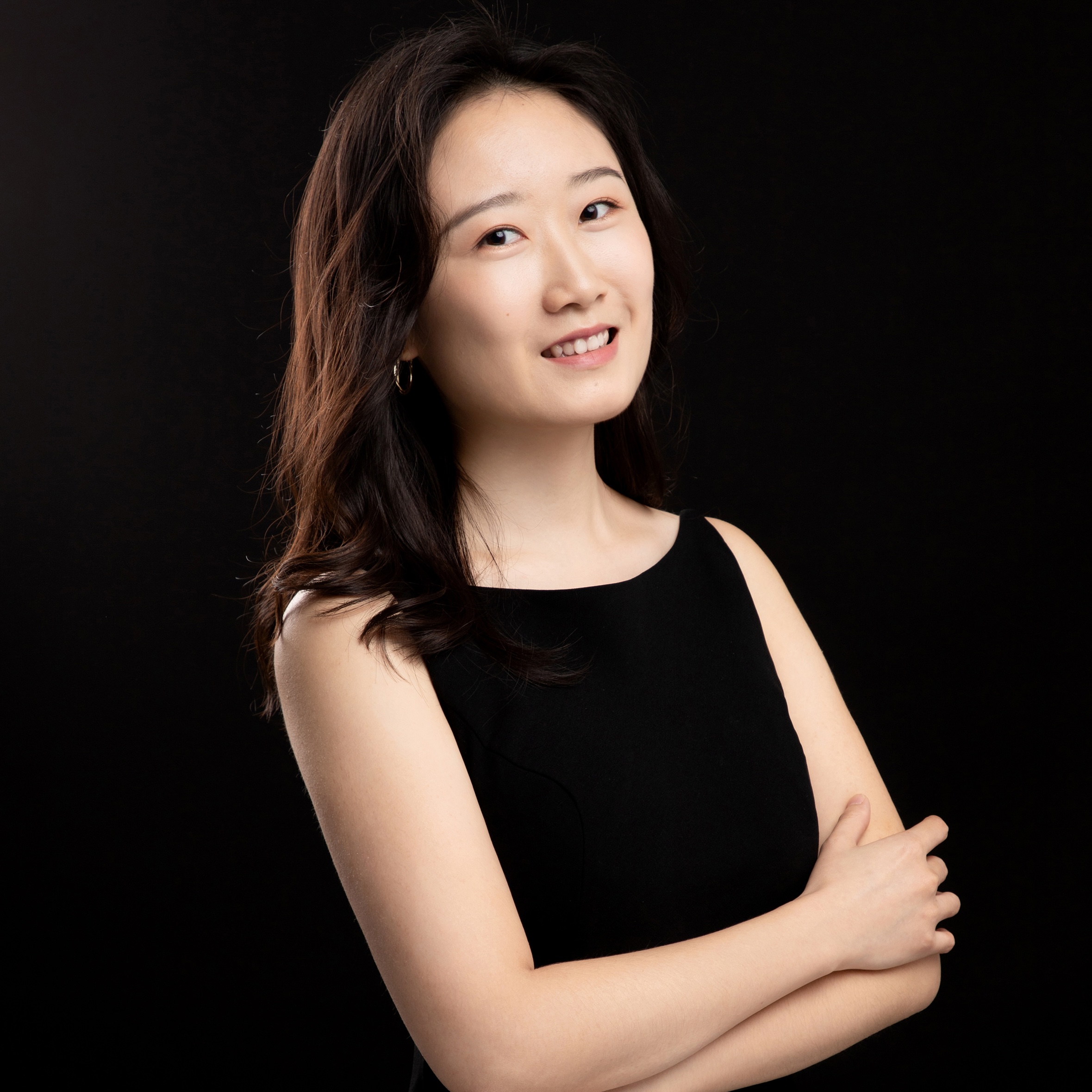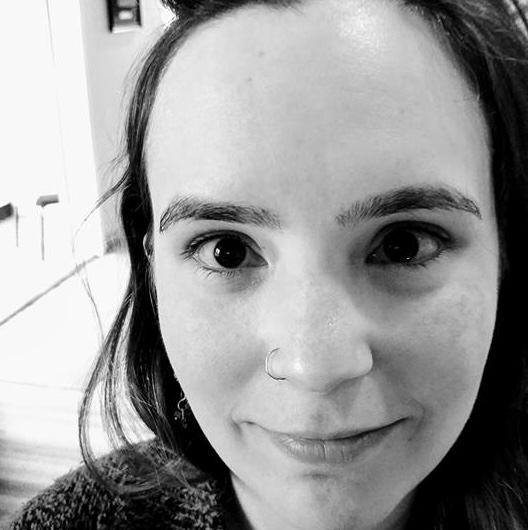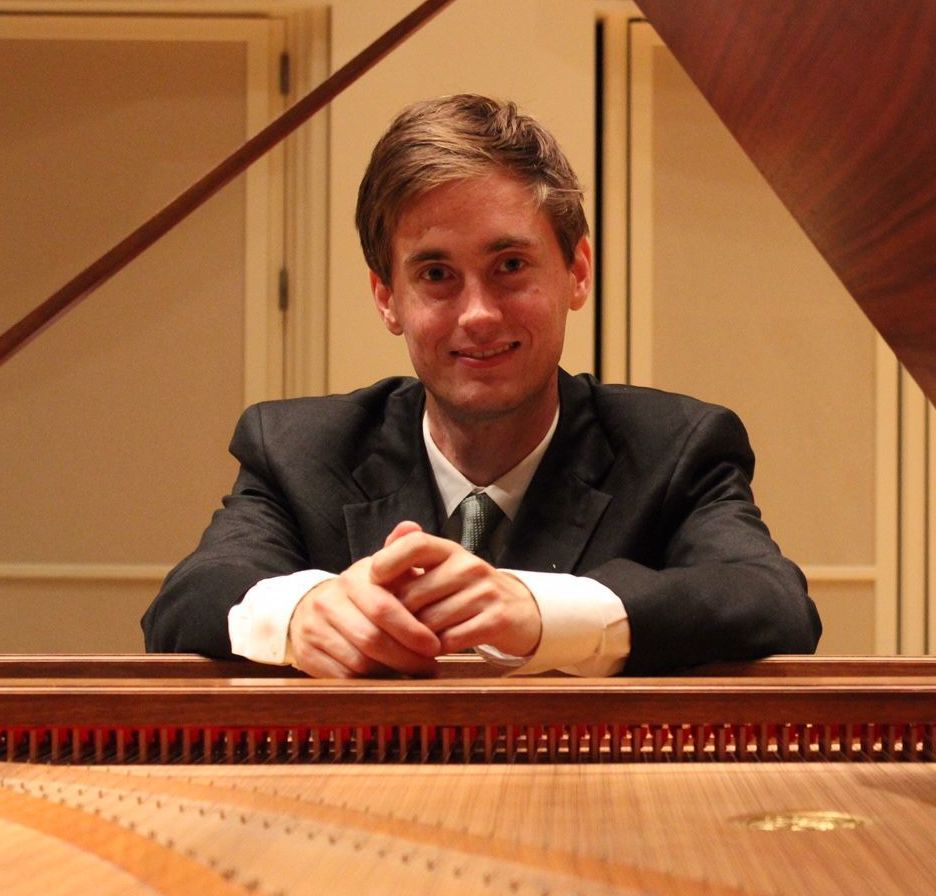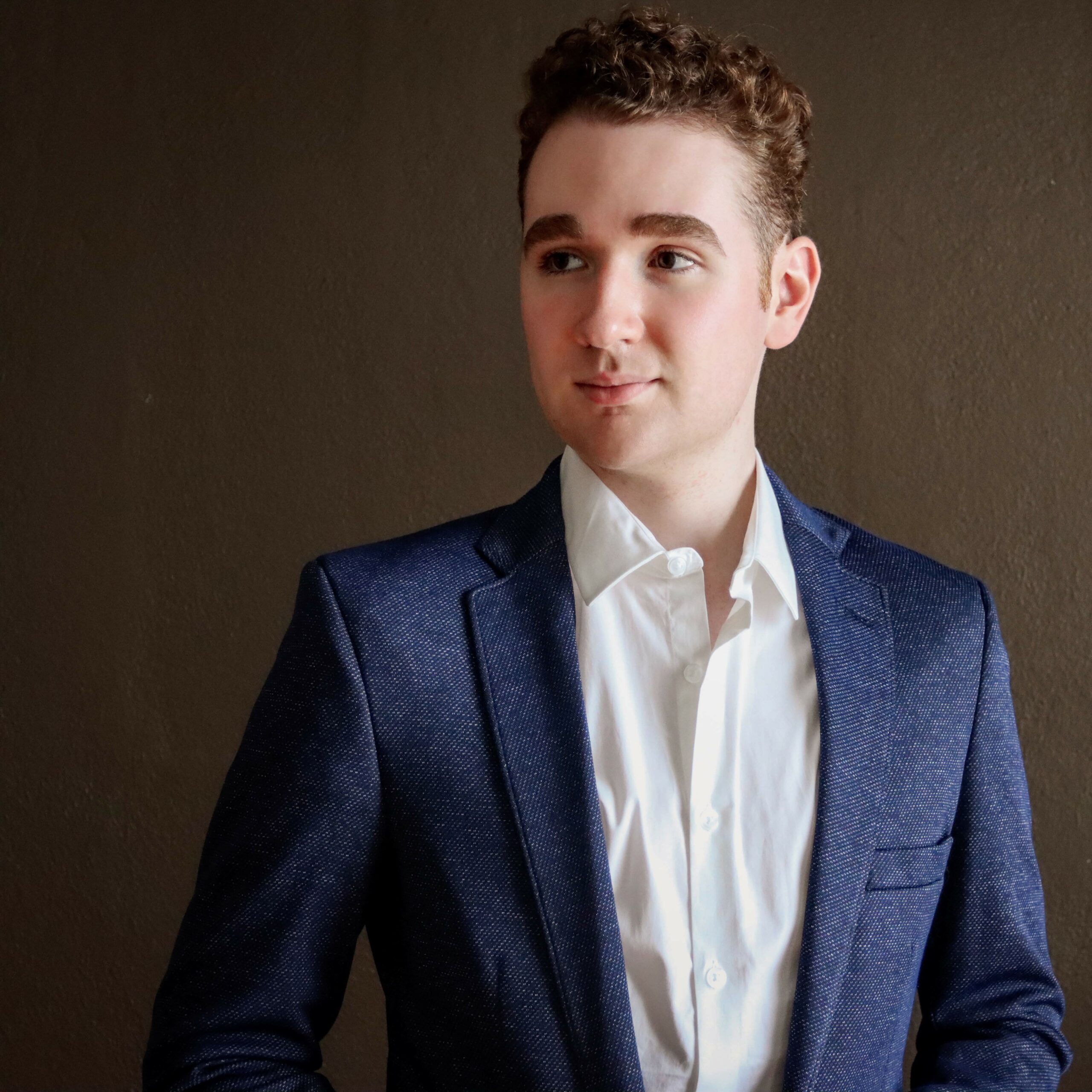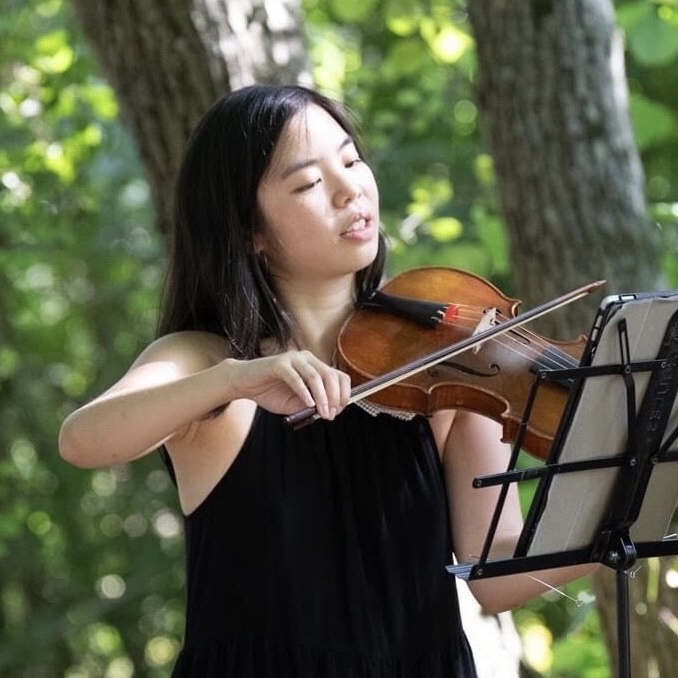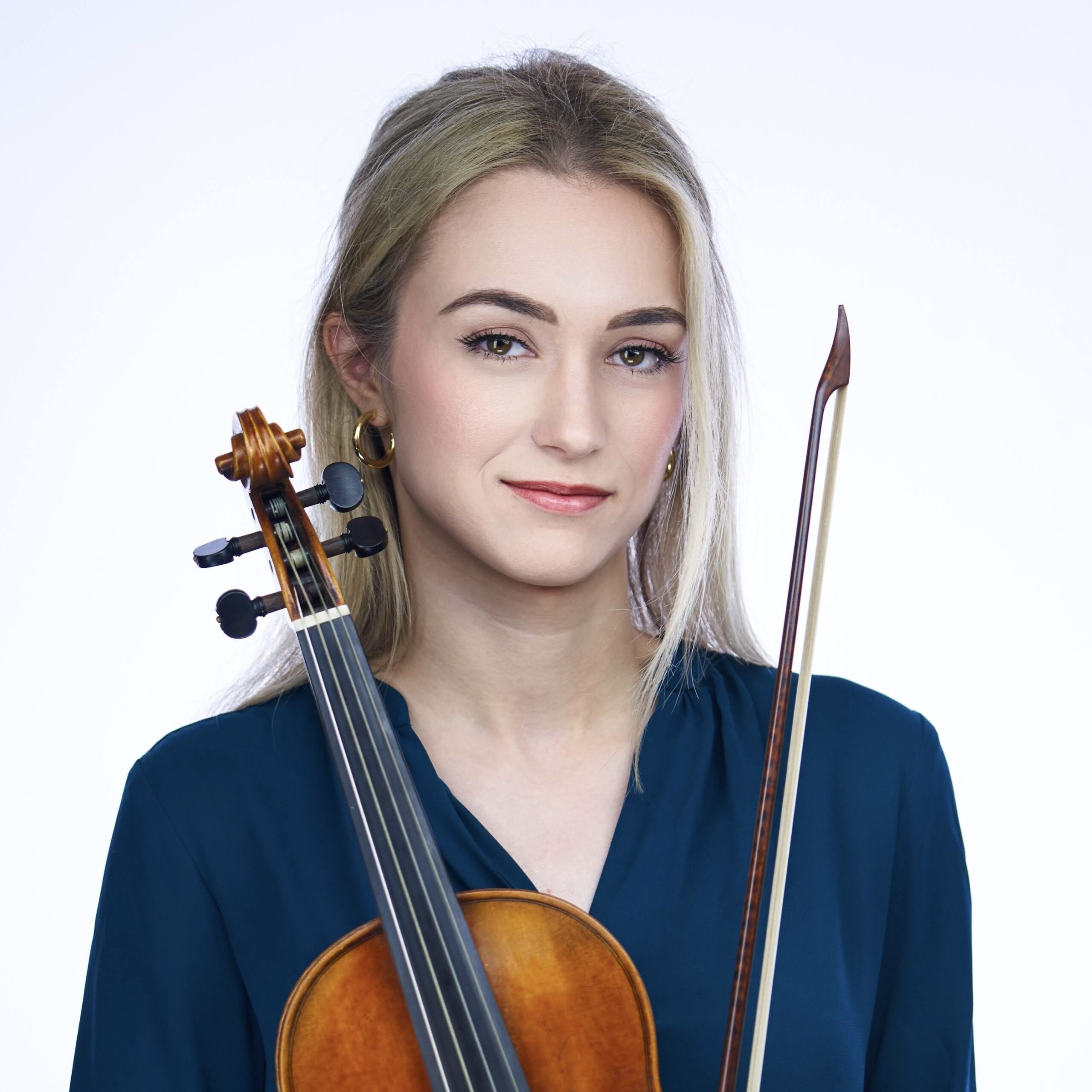The EPLC collaborates with EMA’s Board of Directors to support the organization’s young professionals and prioritize engagement. EPLC members are mentored by EMA board members and participate in EMA board meetings and committees. They connect with other emerging early-music professionals and make a difference in our community through creative programming.
Past EPLC projects include hosting the EMA Mixer, networking events at the Boston, Berkeley, Bloomington Early Music Festivals, as well as the EMA Summit, and contributing to EMA’s publications with a varieties of essays and features.
EPLC Member Guidelines
- The EPLC will comprise a maximum of 15 members.
- EPLC Members will serve a 2-year term, renewable once for a 1-year term extension. (3-year term max)
- To be an EPLC member in good standing, members are expected to attend a minimum of three of the four quarterly Council meetings (August, November, February, and May) and actively participate in Council projects.
- EPLC members should expect a commitment of four hours per month over 10 months each year.
- All EPLC members receive a complimentary EMA Personal membership.
- Membership is not required at the time of application.
- EPLC members are invited to attend EMA Board meetings (in person or via Zoom), as non-voting participants and to actively participate in EMA’s Board training programs and committees.
- Candidates should be no older than 35 at time of application.
2024-2025 EPLC Members
Julia Connor
Michael Delfin, co-chair
Patricia Garcia Gil, co-chair
Lin Lao
Hayley Murks-Abdikadirova
Curtis Pavey
Fernando Santiago Serrano dos Santos
Matthew Shorten
Amelia Sie
Lindsey Tootle
Mission
The Emerging Professional Leadership Council (EPLC) provides young professionals valuable non-profit board experience by working alongside the board of Early Music America to support and advocate for the next generation of early music professionals, performers, scholars, patrons and enthusiasts in North America.
The EPLC is committed to inclusion, diversity, equity, and accessibility and building a diverse council.
If you have comments or questions for members of EPLC, Contact EMA.
EPLC Programs
Connect with your early-music community across the Americas! Join us for fun and conversation with special guests on a range of topics hosted by EMA’s Emerging Professional Leadership Council with special guests and a wide range of topics. And stick around afterwards to test your early-music knowledge in a low stress game of trivia… with prizes!

EPLC presents Early Music: the Americas
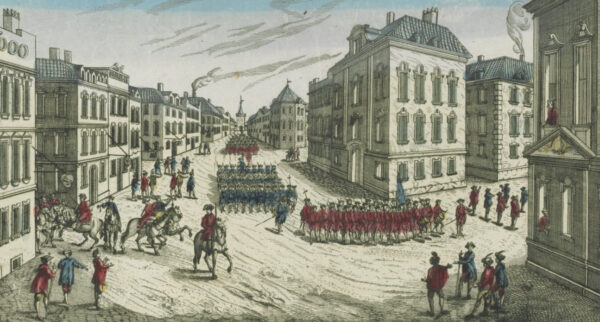
Timothy Olmsted, “the Mozart of America”
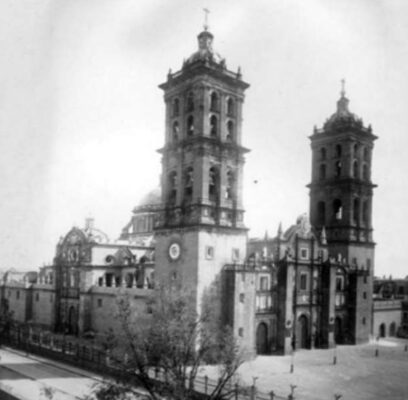
Juan Gutiérrez de Padilla, Master of Music in New Spain
